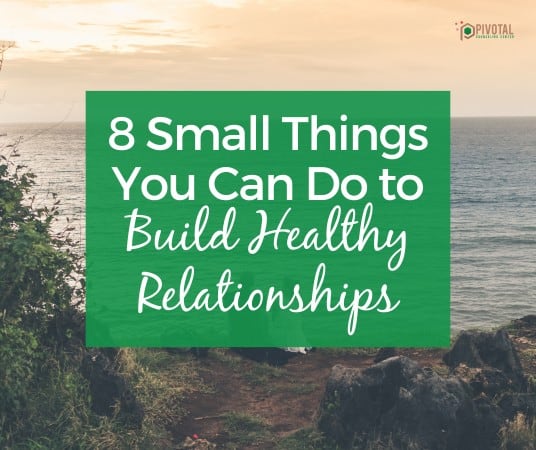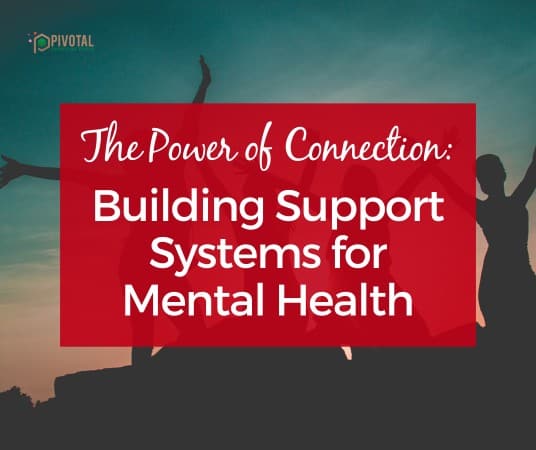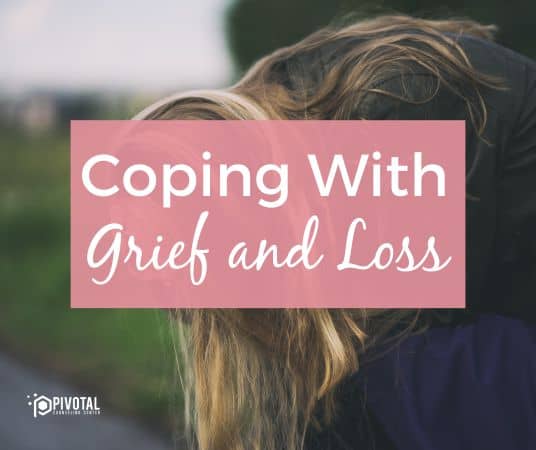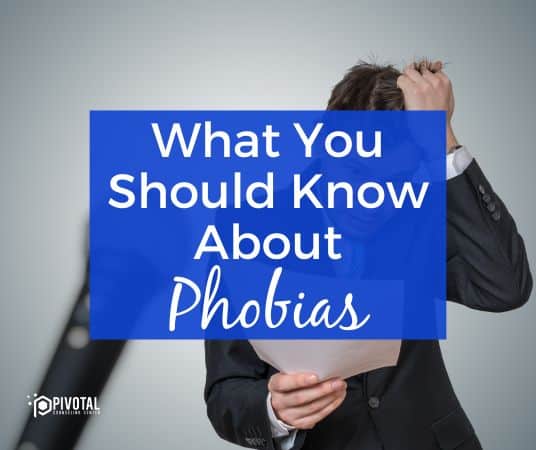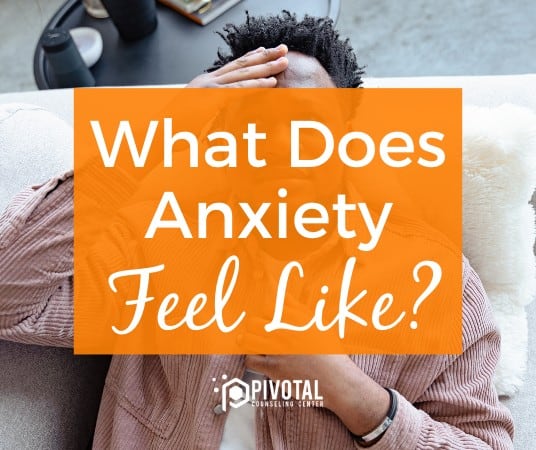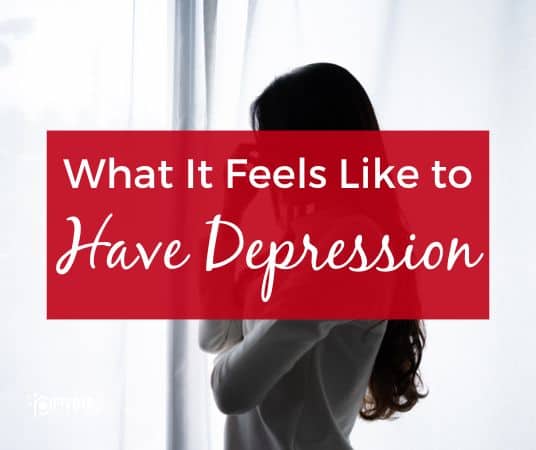
If you ask anyone that has gone through it before, depression can be a scary and lonely illness that all of us are at risk for. In order to understand depression and what it does to all of us, we need to understand where it comes from, how it appears, and what to do about it. Knowledge is power, and understanding the illness that you – or someone you love – is fighting can help with prevention, knowing how to help someone, and knowing when to seek out professional help.
What is depression?
As far as an actual definition is concerned, depression is a chemical imbalance where your serotonin levels are lowered and your cortisol levels are heightened. Serotonin is associated with making you feel happy, loved and relaxed, whereas cortisol is associated with making you feel anxious, sad, and bitter. Depression is a mental illness that is impacting more and more teens and adults. As those suffering (and survivors) start to share their stories, we are able to see just how widespread and common depression can be. For those who feel alone, connecting with others who are dealing with depression – directly by being in contact with them, or just indirectly reading testimonials – can be a great source of comfort and relief. It can often feel like a raincloud that is with you all day and night leeching the color of the world and making even the best, positive things seem negative and unimportant. It can cause insomnia, anxiety, a general sense of feeling overwhelmed, unmotivated, and sad with all sorts of other health issues that lead to the depression worsening as a result, acting as a vicious cycle. It all sounds very overwhelming and scary, but there is help available to help you clear that raincloud away so that you can enjoy your life.Symptoms of depression
Common symptoms of depression include fatigue, sadness, irritation, lack of interest in things that were previously important, withdrawal from friends and family, morbid thoughts, or suicidal thinking. Other signs a person may be depressed can include work and school performance dropping, lack of attention to dress or hygiene, taking a lot of sick days, and struggling with concentration.How do we treat it?
There are medical and natural ways to deal with depression, and there is often a debate between the two treatments. Typically, especially in teens, lifestyle changes are often tried first, and medication is left for the second round of options. In some severe situations, medication will be the recommended option as well as lifestyle changes. Some examples of lifestyle changes are:Exercising:
Exercise is a great way to work off stress and emotions in a productive way. Being active will lower your cortisol levels, so you’ll feel that raincloud breaking up a little and it will give you some room for positive energies to creep into your mind.Eating healthy:
A healthy diet gives your body energy to take care of itself, which can be a huge part of making sure you get your chemical levels back to baseline. Avoid processed foods and heavy meals. If we eat poorly, we often times feel a lack of energy, which a person with depression does not need on top of their depressive symptoms.Getting the right amount of sleep:
Sleep is a critical part of your body’s healing process, so make sure that you allow yourself time to rest. We recommend 7-8 hours of sleep for adults, and 8-9 hours of sleep for teens. This will help your chemical levels moderate themselves, just like when eating healthy. If needed, you can look at options like herbal tea or warm milk to help you sleep. Or, consider comfortable sheets and a white noise machine. If sleep is still a challenge, then there are safe medication options that can be considered.Finding a support group:
The worst part of depression is that you feel alone and scared a lot of the time, so when you find a support group with other people it helps. You can feel not-so-alone for all of the bad moments that you might have. It gives you hope, too, that you’ll get to happier times in the future. The thing to remember is very treatable and you can beat depression when you use the right treatment methods and support system. For this reason, it is important to talk with a professional to make sure that you are receiving the right type of care. Letting depression go can be dangerous. Many people report that their symptoms spiraled out of control quickly, so accessing care early on is the goal.Pivotal Counseling Center has therapists who specialize in depression, anxiety, and other mood disorders. We have locations in Woodstock, Illinois, and Lake in the Hills, Illinois. If you are in need of someone to help, please consider giving us a call at (815) 345-3400.

